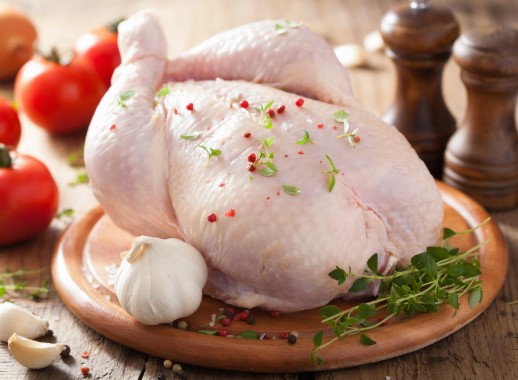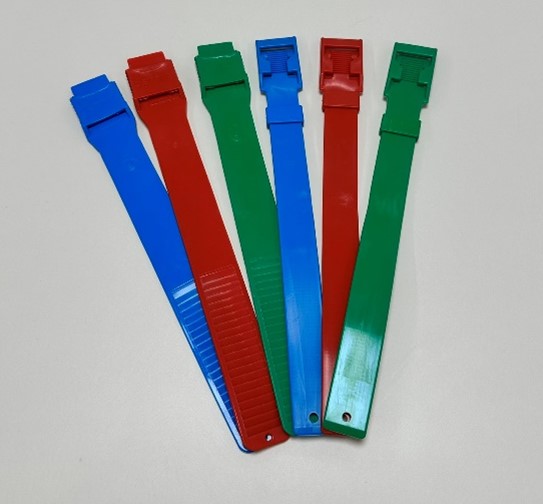Meat import to Uzbekistan: dynamics and trends

Import structure
According to July data, 16.4 thousand tons of beef were imported to Uzbekistan , which underlines the growing demand for this product. In addition to beef, the country also received 4.7 thousand tonschicken meat worth $5.3 million, 2.6 thousand tons of lamb ($5.4 million) and 3.2 thousand tons of by-products ($2.2 million). This diversity in imports indicates a wide range of population needs and dietary preferences.
Overall indicators for the year
Since the beginning of 2023, Uzbekistan has already imported meat products worth a total of $420 million. Of this amount, the largest expenditure was on beef at $333.1 million , confirming its status as the main meat product in the market. Chicken meat ranks second with expenditure of $37.1 million, followed by lamb at $19.3 million and by-products worth $17.9 million.
In the period from January to June 2023, Uzbekistan imported more than 122 thousand tons of meat products worth $338.8 million, which also indicates sustainable growth in this sector.
Reasons for the increase in imports
One of the main reasons for the increase in meat imports is the population growth and, accordingly, the demand for meat products. Uzbekistan, having significant agricultural resources, faces challenges in meat production, which makes imports vital to ensure food security.
In addition, changes in consumer preferences, as well as improved supply chains and trade conditions, contribute to an increase in import volumes. Uzbekistan is actively working to improve the quality and safety of food products, which also affects the choice of imports.
Prospects and challenges
Despite the positive trends, Uzbekistan faces a number of challenges. An increase in imports may negatively affect local producers, which requires the government to take measures to support domestic agriculture. It is important to create conditions for the development of meat production within the country in order to reduce dependence on imports and ensure the sustainability of the food market.
Thus, meat imports in Uzbekistan continue to grow, reflecting changes in consumer preferences and the economic situation. It is important for the country to find a balance between imports and the development of domestic production, which will ensure food security and maintain economic growth.


























































